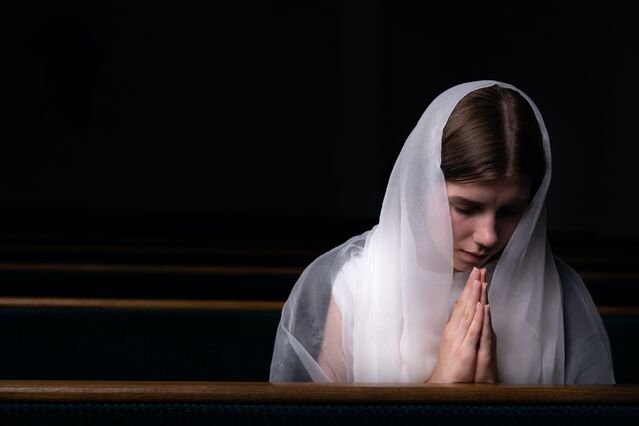Literally referring to a “book of sparklets,” the identification of “florilegia” is an ancient spiritual reading practice I’ve recently been exploring in my own life. Historically, this practice was performed by monks reading and praying the Psalms. Essentially, it’s a quote journal.
In this practice, as you read a sacred text, you look for sentences, phrases, or words that “sparkle” in the material. You then record those. When finished, you put all these separate quotes together to create a new text – a florilegium – that may allow the quoted material to take on new meanings, as each thought gets embedded in a different context than the original.
In engaging in this practice, it’s important to consider what text you consider sacred that you want to draw spiritual meaning from. To begin, I started my practice with Jesus’s Sermon on the Mount (Matthew 5-7, but I started with 4:12 for more context). What sparkled for me recently appears below. (If I had done this practice 10 years ago, or even 10 days ago, my florilegium may be entirely different!)
“When Jesus heard that John had been put in prison, he withdrew to Galilee” (Matthew 4:12).
“From that time on, Jesus began to preach, ‘Repent, for the kingdom of heaven has come near'” (Matthew 4:17).
“Jesus went throughout Galilee, teaching in their synagogues, proclaiming the good news of the kingdom, and healing every disease and sickness among the people” (Matthew 4:23).
“Now when Jesus saw the crowds… His disciples came to him, and he began to teach them (Matthew 5:1-2):
“Blessed are the poor in Spirit…
Blessed are those who mourn…
Blessed are those who hunger and thirst for righteousness…
Blessed are the merciful…
Blessed are the pure in heart…
Blessed are the peacemakers” (Matthew 5:3-9).
“Love your enemies and pray for those who persectute you” (Matthew 5:44).
“Do not store up for yourselves treasures on earth… But store up for yourselves treasures in heaven” (Matthew 6:19).
“Do not worry about tomorrow… Each day has enough trouble of its own” (Matthew 6:34).
“In everything, do to others what you would have them do to you” (Matthew 7:12).
For me, then, at least in this most recent reading, this florilegium summarizes what sparkled for me in Jesus’s Sermon on the Mount. To take this a step deeper, I could consider this and reflect on what individual sparklets or the overall message may mean for me and what actions I feel called toward.












